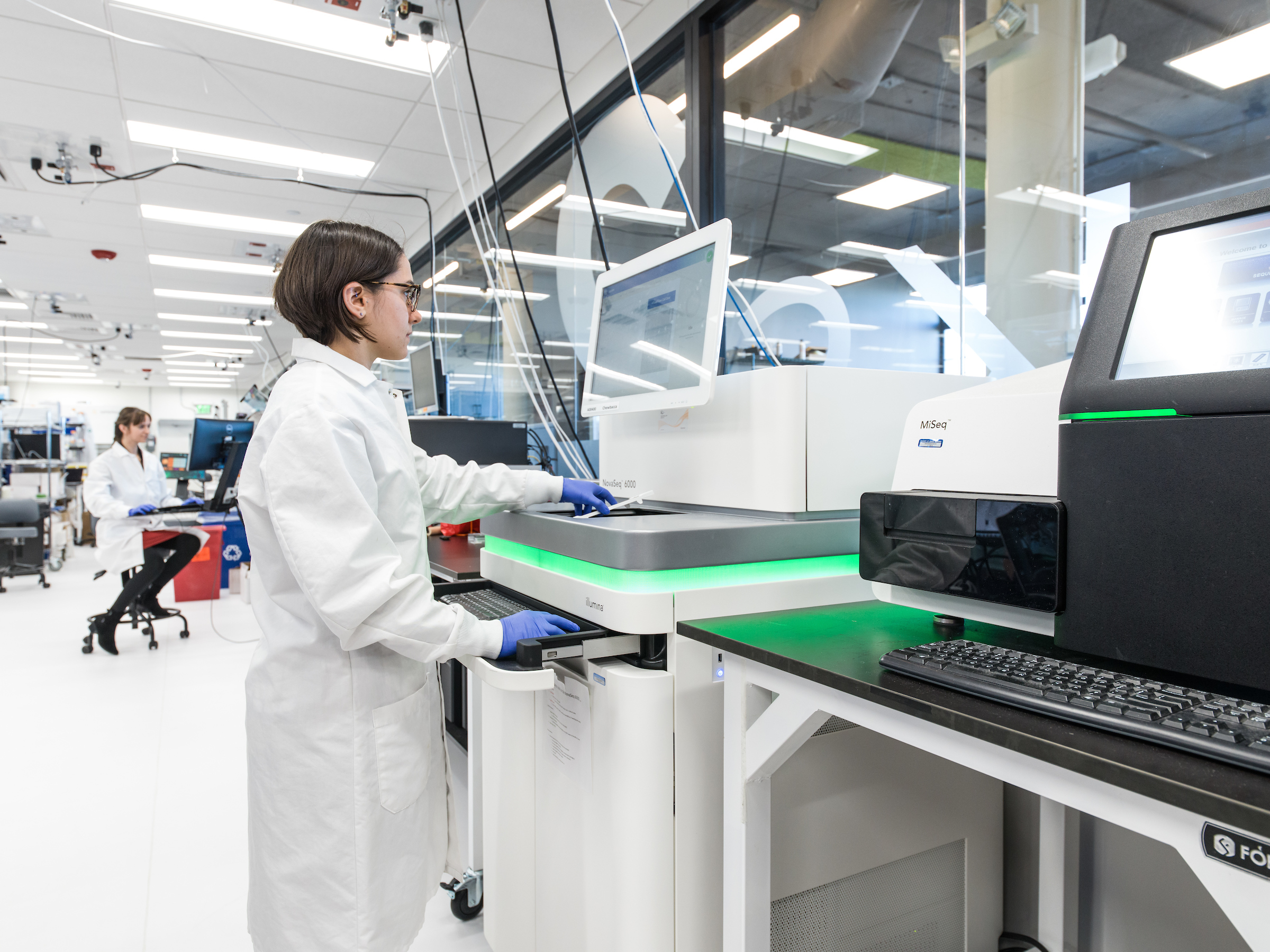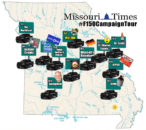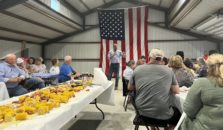Despite some initial skepticism, Missouri schools are beginning to take notice of a new COVID-19 testing option allowing for pooled rapid testing at no cost to them.
Under the pool testing option, consenting students and staff in a class are tested through nasal swabs, and samples are tested as a group rather than individually — an effort to consolidate resources and expedite the testing process. Participants can administer the tests themselves.
The program tests all who participate once a week regardless of symptoms to identify cases before they have a chance to spread.
The testing option is available to any public, private, or charter school in the state and is covered by Missouri’s $185 million allotment of American Rescue Plan Act (ARPA) funds earmarked for school testing.
Karen Hogan, the Midwest regional leader for testing for Ginkgo Bioworks, the state’s contractor for the tests, said pool testing offered students and staff an extra layer of assurance when returning to the classroom.
“People are trying to balance how they send their kids to school while also keeping their community and family safe, and even in areas where we don’t have a high participation rate, them being able to offer the option to those families and staff members is really important,” Hogan told The Missouri Times. “Being out of school can be hard on students’ behavioral and mental health and there’s so much you can’t replicate in a home environment. Getting kids back in [school] is super important for families, but some worry about bringing their kids back and putting their households at risk.”
Hogan said results are available within 24 hours after the lab receives samples. Tests are couriered to local labs, providing a workforce development opportunity in addition to a more consolidated testing process.
“This is intended to be an equitable program. We always get questions about how we’re going to staff these rural school districts, but we have experience with it,” Hogan said. “It’s a job-creation vehicle as well for the state. We’re able to use members of the Missouri community, and they can partner with us to be a health care provider or a courier or work at the local lab.”
Hogan said the option works with the state’s in-person learning guidance to allow students to safely come to class.
Under a new test-to-stay option recently added to the state education department’s guidance, students, teachers, and staff can continue attending school and activities if exposed to COVID-19 if: the contact was not household exposure; the individual does not develop symptoms over 14 days of monitoring; they wear a mask and maintain social distancing; and they receive negative tests throughout the 14-day quarantine period.
“When you do have a close contact, now they can stay in the classroom if the school decides to implement both testing procedures,” Hogan said. “That’s really powerful. It addresses parents’ concerns about kids testing negative and having to stay home for 10 days.”
More than 100 Missouri schools have signed on to the ARPA-funded program so far, including Kansas City Public Schools.
“They wanted to participate last year, but this funding wasn’t available at that point,” Hogan said. “This made it possible for them. There have been several other school districts that start out with staff testing and then grow it out to the school community over time, giving them the option to get started and get used to it, and then expand it out.”
Despite initial skepticism in some schools, Missouri communities of all sizes are beginning to accept the option as the school year progresses and winter months approach, Hogan said.
Gingko, a Boston-based biotech company, tested the program in other states last year and brought it to Missouri in late August with the availability of federal funds.

Cameron Gerber studied journalism at Lincoln University. Prior to Lincoln, he earned an associate’s degree from State Fair Community College. Cameron is a native of Eldon, Missouri.
Contact Cameron at cameron@themissouritimes.com.






























